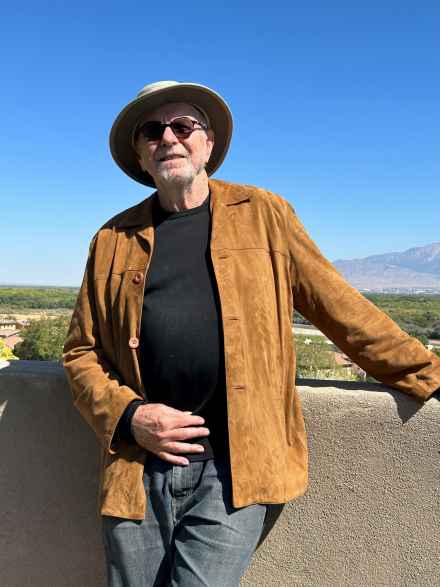Modern Language Association to Honor W. J. T. Mitchell with Lifetime Scholarly Achievement Award
Prof. W. J. T. Mitchell may be the only living iconologist on the planet. He draws on ideas from ancient and modern mythology that treat pictures as living things. As a historian of cultural images, Mitchell studies the relationship between words and images, cultivating visual and verbal literacy.
For his immense scholarly work in iconology and his 42 years as the editor of UChicago’s well-known humanities journal, Critical Inquiry, Mitchell will receive the Modern Language Association’s Award for Lifetime Scholarly Achievement on Jan. 5, 2024, in Philadelphia. It is also a fitting finish to his teaching career at UChicago, which officially ends in January 2024. The Lifetime Scholarly Achievement Award is given every three years. Previous winners include well-known professors Maynard Mack at Yale University; J. Hillis Miller at University of California, Irvine; Susan Gubar at Indiana University; and René Girard at Stanford University.



